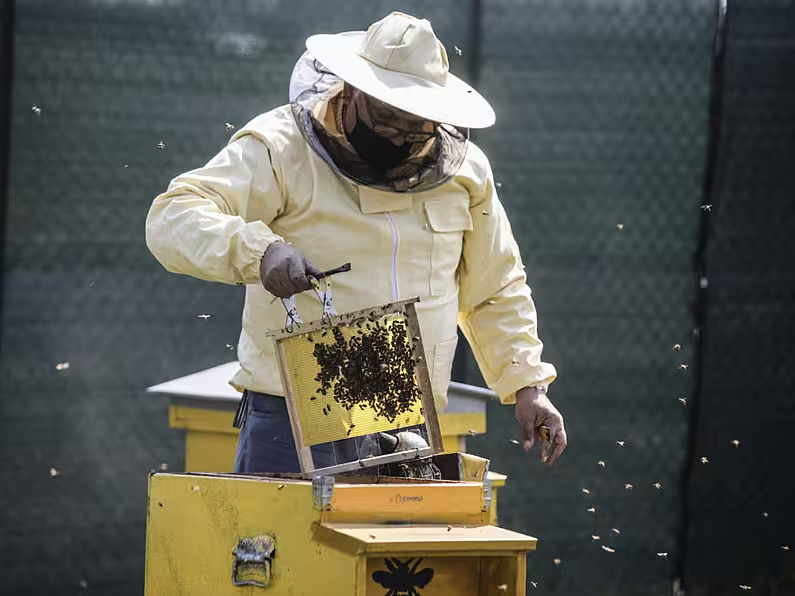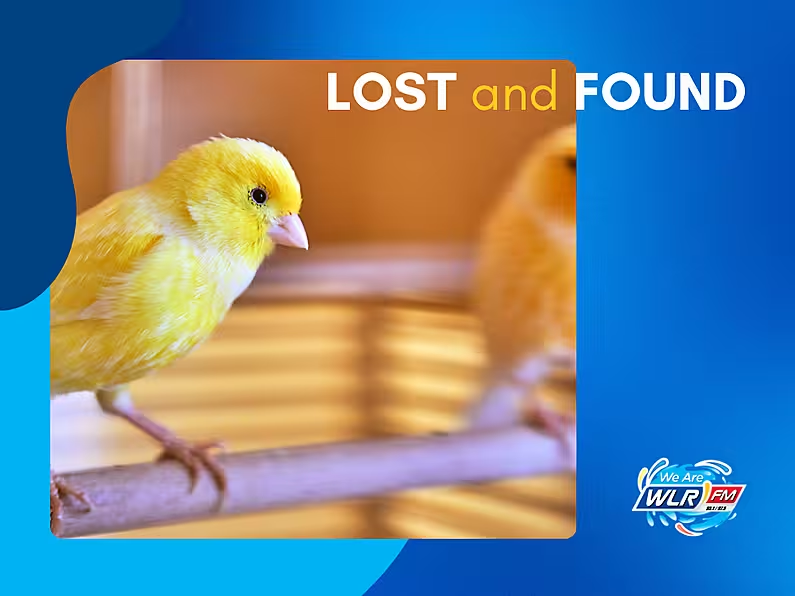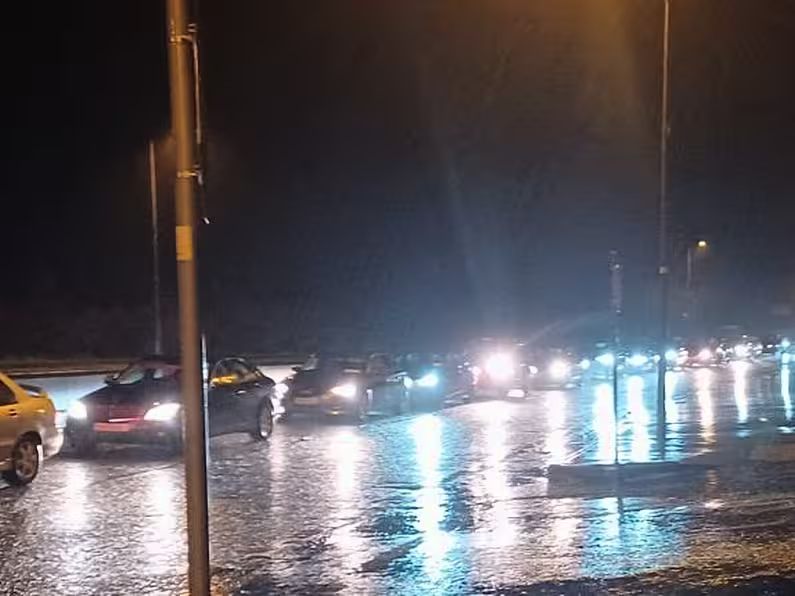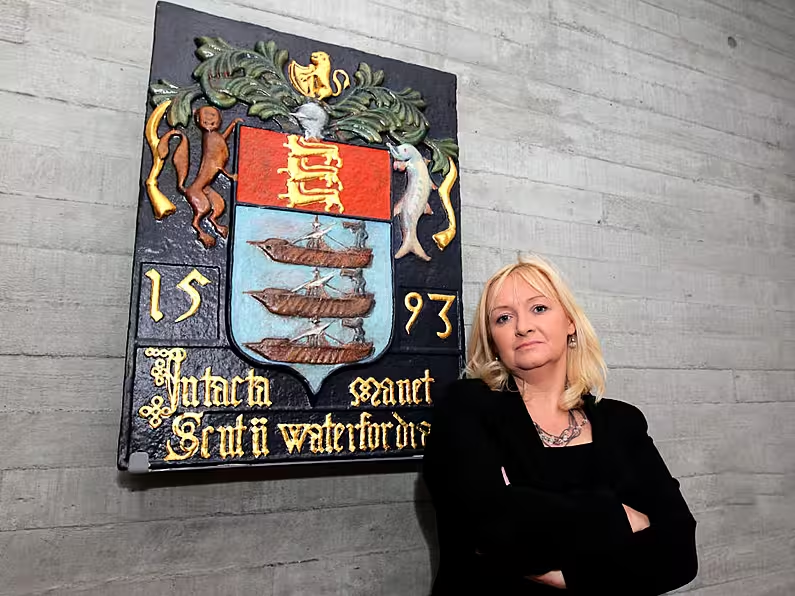Beekeepers are being urgently sought in order to participate in a research project to act as a crucial line of defence following the arrival in Ireland of the Asian hornet for the first time.
The Asian hornet preys on honeybees, wasps and other insects, and is responsible for the loss of almost 50 per cent of bee hives in some European regions.
Earlier this month the hornet was detected in Dublin, and now University College Cork (UCC) researchers are urgently seeking the assistance of Irish beekeepers as part of a European-wide initiative aimed at tackling the problematic insect.
Atlantic Positive is a consortium of European beekeeper and academic institutions formed in 2019. It aims to investigate the biology and impact of the Asian hornet and to curb its spread and impact in the Atlantic area.
Led in Ireland by UCC researchers Dr Simon Harrison and Dr Fidelma Butler and supported by researcher Rachel Hayden, Atlantic Positive now wants to survey beekeepers across the island of Ireland.
The survey findings will inform the future direction of the Atlantic Positive project in Ireland and how best to provide information to beekeepers and the public.
The project aims to assess the risk of the Asian hornet establishing in Ireland and the potential scale of impact, particularly for Ireland’s beekeeping and pollination services.
It will also partner with beekeeper associations and bee research groups to provide training and information.
'Crucial line of defence'
Dr Harrison said they want to find out what Irish beekeepers know about the Asian hornet, if they would like to know more and if they would like to interact and share experiences with other European beekeepers.
“Beekeepers are a crucial line of defence in reporting, monitoring and trapping hornets and their knowledge and input in this project is paramount to its success,” he said.
Dr Butler said that whilst the discovery of a single specimen is not a cause for alarm, it has prompted a national alert as the Asian hornet is an apex predator.
“Disruptions to pollinators, through predation or stress can have serious impacts on pollinator services and biodiversity.
“Now that it is known that the Asian hornet can and will find pathways to Ireland, further research is needed to work out exactly what could happen if the species is to establish here and how prepared Ireland is to deal with the potential threat it poses to our native biodiversity, ecosystem services and beekeeping,” she said.
Ms Hayden said a key aspect of this project is its international, multidisciplinary approach.
Researchers and institutes in Ireland, UK, France, Spain and Portugal are working together, with their national beekeeper associations, government bodies, and other stakeholders, to share information, research and expertise on the Asian hornet.
“UCC wants to hear from beekeepers in Ireland to evaluate knowledge gaps and to prepare for the potential threat the Asian hornet brings.”
Beekeepers from across the island of Ireland are encouraged to take part in this study, and they must be over 18.
Anyone interested can take the survey here.














